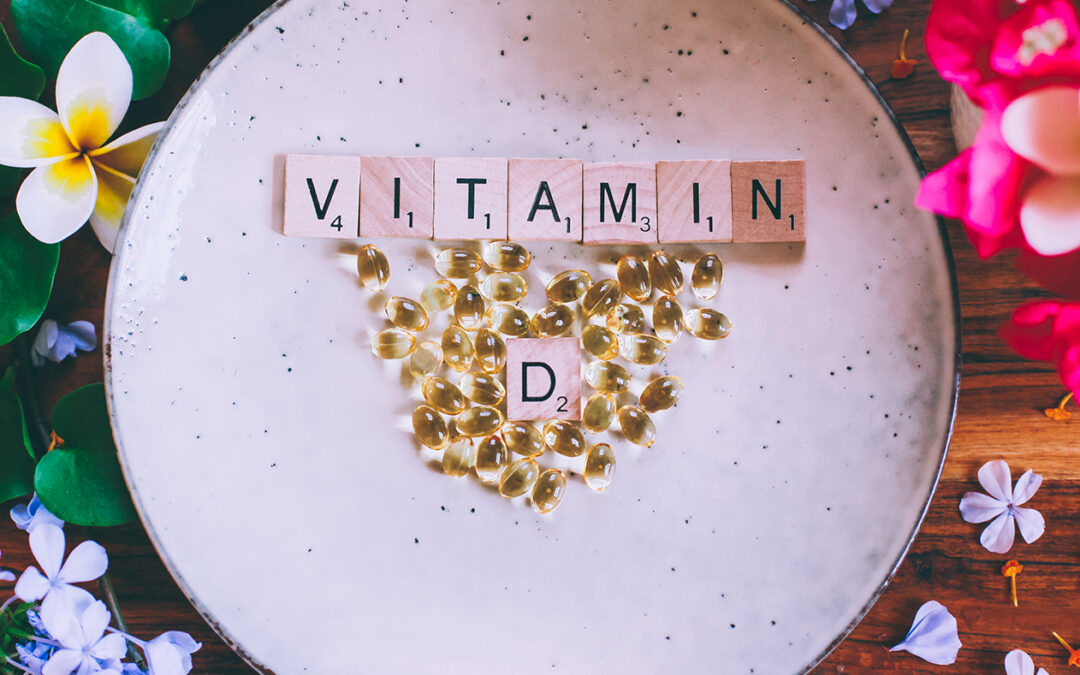Approximately 42% of the U.S. population has a vitamin D deficiency, affecting especially individuals who take acid reflux medications for long periods of time, people with poor diet, people over 65 years of age, among other factors. In our experience, 8 out of 10 people who come to Mexicali Bariatric Center for nutritional consultation are vitamin D deficient.
Now, what is vitamin D? Vitamin D is the hormone that influences gene expression, it takes part in the physiological processes that make genes. Since vitamin D is fat-soluble, the more body fat we have, the less vitamin D we have circulating in our system.
It helps maintain the end parts of DNA, called telomeres. As we age, we lose these, and the vitamin helps preserve them. Therefore, low levels of vitamin D cause us to age at an accelerated rate.
Functions of vitamin D
• Calcium and bone metabolism
Low levels of vitamin D make the loss of bone mass more accelerated. If you take vitamin D supplements exclusively, you will not improve your bone mass if your vitamin K levels are low. This is because vitamin D and vitamin K work together. So, it is necessary to take vitamin K and vitamin D supplements, as well as doing strength exercises, as they help the production of bone tissue.
• Hormone synthesis (especially testosterone)
Sperm cells produce testosterone and have vitamin D receptors, so low levels of vitamin D decrease testosterone production.
• Immune system
Low vitamin D levels are linked to immune diseases, and viral replication. Taking vitamin D supplements has now been shown to reduce the risks of contracting COVID-19 or influenza.
• Mood
There is little information on this, but vitamin D deficiency has been linked to depression.
Does the sun give me all the vitamin D I need?
The sun provides you with what is called a pre-vitamin D, which is activated in the liver and converted to 25 hydroxyvitamin D. It is then converted to calcitriol, which is the activated form of vitamin D. If you do not have a healthy liver, this function is less efficient, and a deficiency may develop.
Sun exposure is not enough to have good levels of vitamin D in the body, it is necessary to balance between our diet, the sun, and if necessary, supplements.
How much vitamin D do I need?
There is debate about the possible toxicity of consuming supplements, however, there are studies that indicate that it will only be toxic if you consume 40,000 international units, and the highest amount that can be found in supplements is 10,000.
It is important, through laboratories, to find the amount that will help us reach the optimal value of vitamin D in the body, which is 60 ng/ml. The necessary amount of vitamin D for a person can vary between 5000 to 10000 IU daily, including what is absorbed from the sun, food, and supplements.
If you are interested in learning more about vitamin deficiencies, read our post on the symptoms of each one. Bariatric Vitamins for Optimal Results Before and After Bariatric Surgery

